The letters h and w.
My pencil slowed down as I disputed between wow and how, pronouncing each internally. The h and w look and sound incredibly different, but at that moment, I was overcome with insecurity and confusion.
During the fifth grade spelling bee, I remember my shameful walk back to my seat as the only student disqualified in the first round. The word I was asked to spell, friend, swam through my brain.
F-R-I-N-D.
No.
F-R-E-N-D.
No.
F-R-I-E-N-D?
Oh.
I am not good at spelling, I never have been. For as long as I can remember, my pencil always wavers in timed writings and every typed text has an ocean of red underlines.
This is my fault. As a kid, I believed that misspelling a word was part of growing up. I never really had the heart to change or find a reason for my confusion when I attempt to connect letters. Now, it’s second nature for me to look around the room and ask the spelling of an everyday word, immune to the look of disappointment I receive.
However, what surprises me is that these faces are followed by a confused question, “Aren’t you a writer?”
I always smile back and nod.
I am a writer. I am an editor. I am a very avid reader. I am constantly surrounded by words and stories. And I believe although my lack of talent for spelling is a hindrance, it makes my love for words just a bit more special.
Just because each individual letter does not find its smooth flow to me as I navigate a word does not make the word any less personal or purposeful in my writing. Each internally pronounced letter in a four syllable word, does not stop me from the stream of storytelling and distinctive promise that fills my every sentence. This paragraph as it glares at me outlined with red does not take away from the hued warmth I feel while exploring my narrative.
My struggle to grasp these letters challenges me. The tips of my fingers do not recognize the sequence of alphabets under them, but I enjoy stringing them into pairs regardless. Although exposing my weakness in suit, it provides an insight into my limitless imagination. This is the writing I love, if I can just get past this one word.
When I look around, this mindset takes root in ideas that reflect more than stories, but future goals and dreams. The age-long ideal that enjoying something requires your expertise in it, fails to hold value for me. I could never spell well, but regardless, being an author was my childhood dream. I realized that a learning curve is not something that should be avoided when the goal is something that brings personalized perfection in one’s eyes.
My cheeks often burn from humiliation when people point out the mistakes, but I’ve learned to take it in stride. I put in effort to not let technology be the cushion of my spelling and I have embraced the fault, specifically because it builds up the art I love most.
Enjoying a hobby does not mean you have to be good at it, just like being good at something does not mean you are enjoying it. I have learned to keep this piece of irony with me, creating memories of growth between these misspelled stories.
Follow Aliza Abidi (aliza_abidi) and @CHSCampusNews on X.




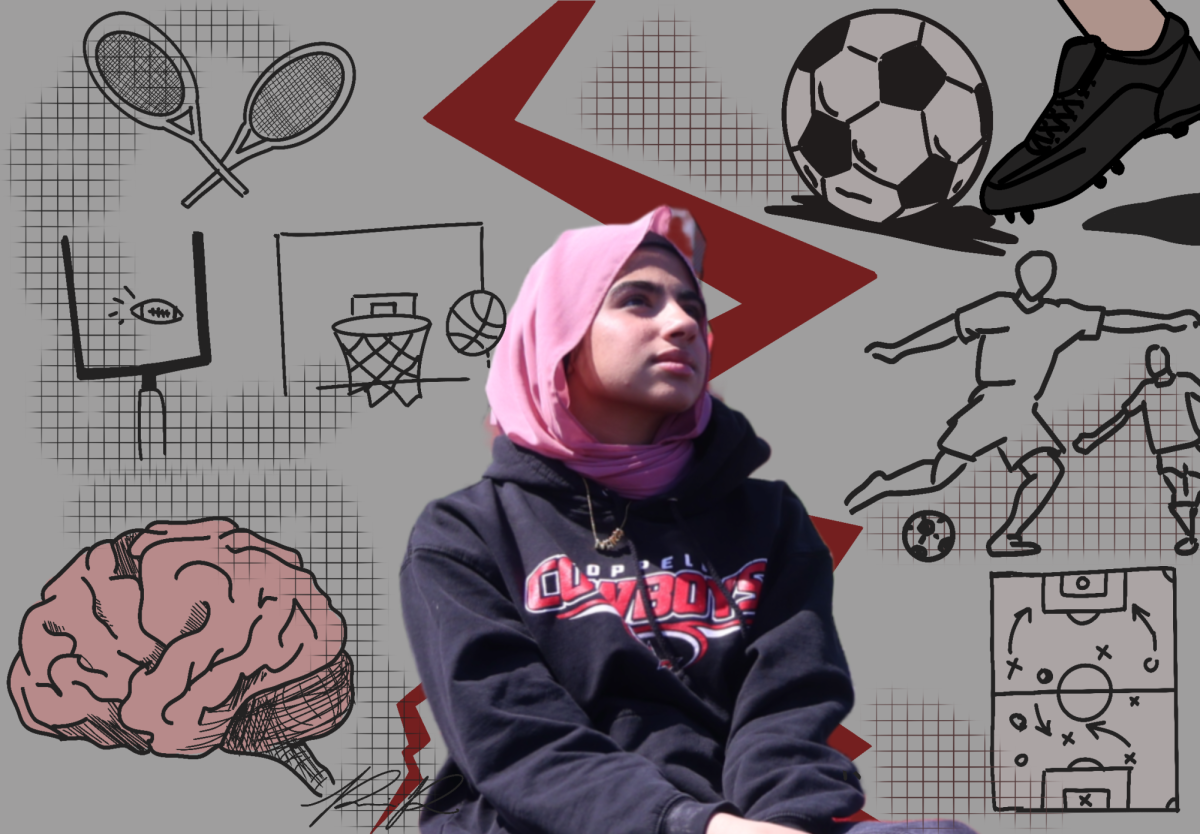
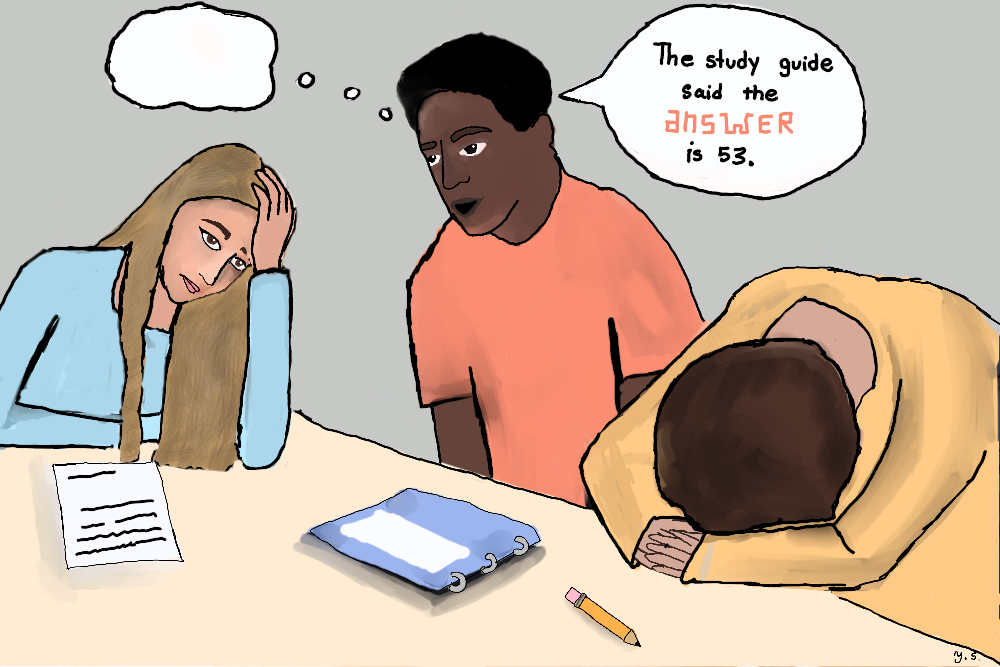

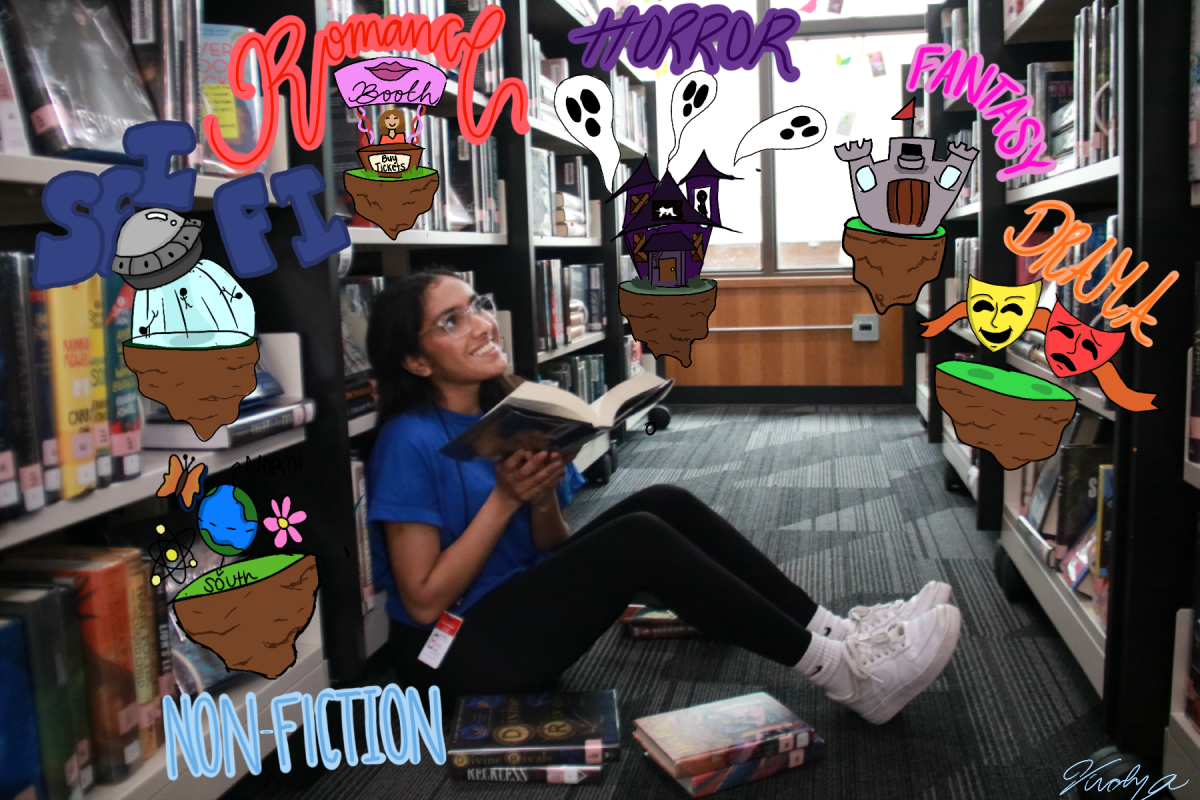
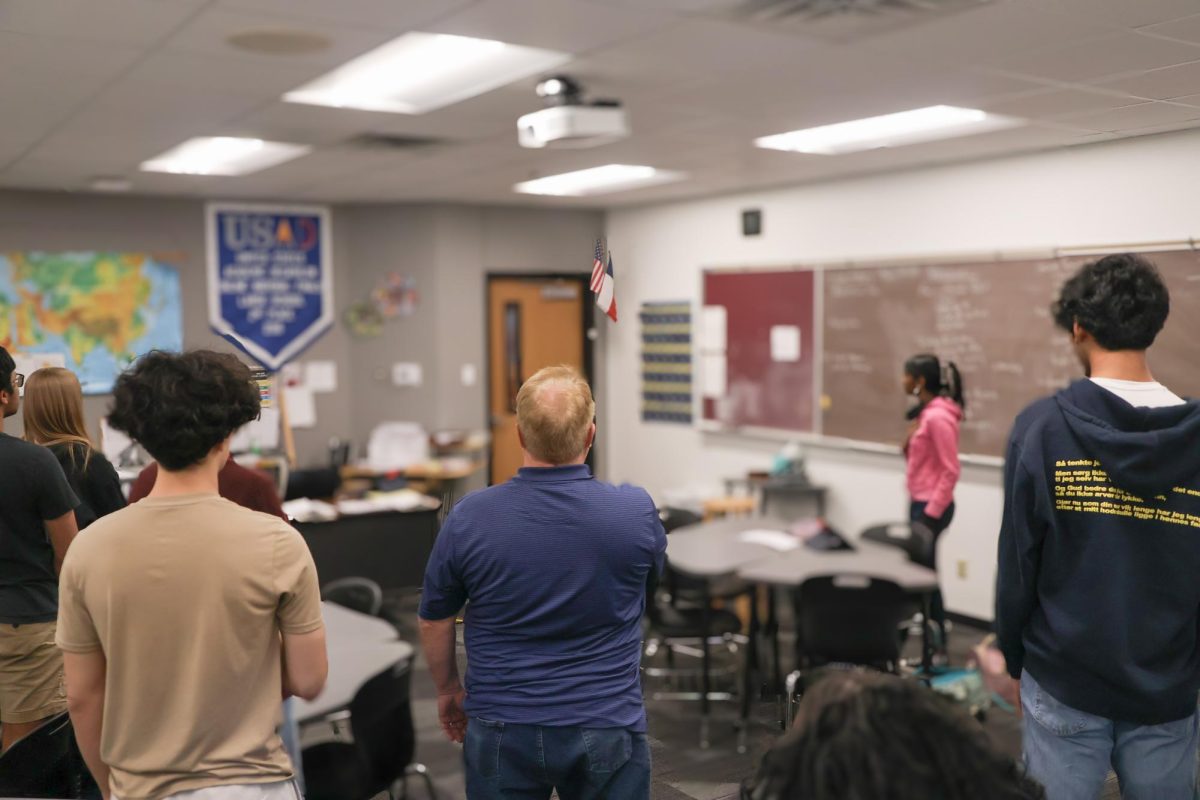



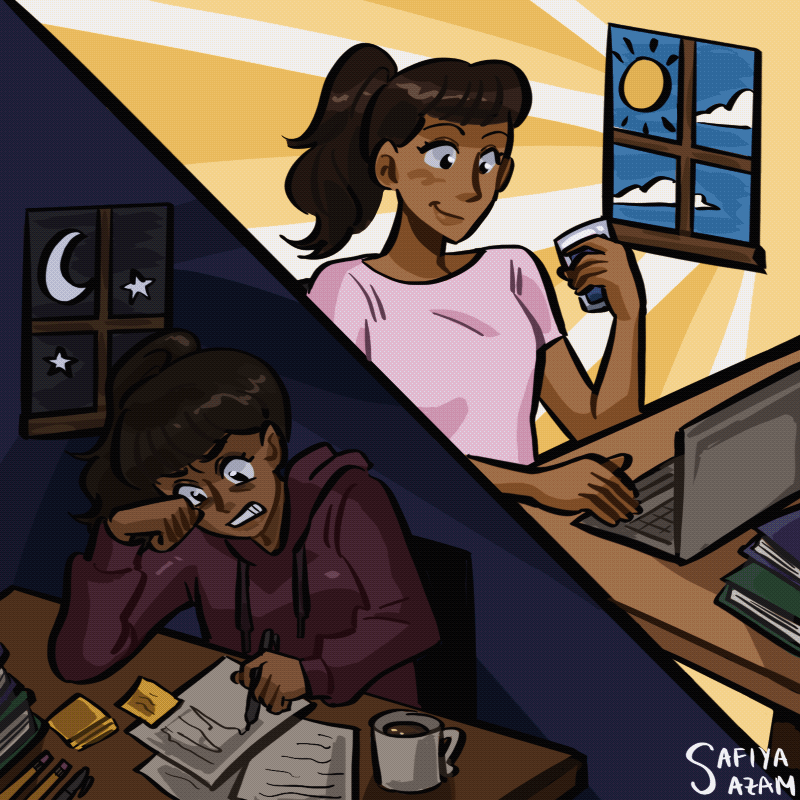

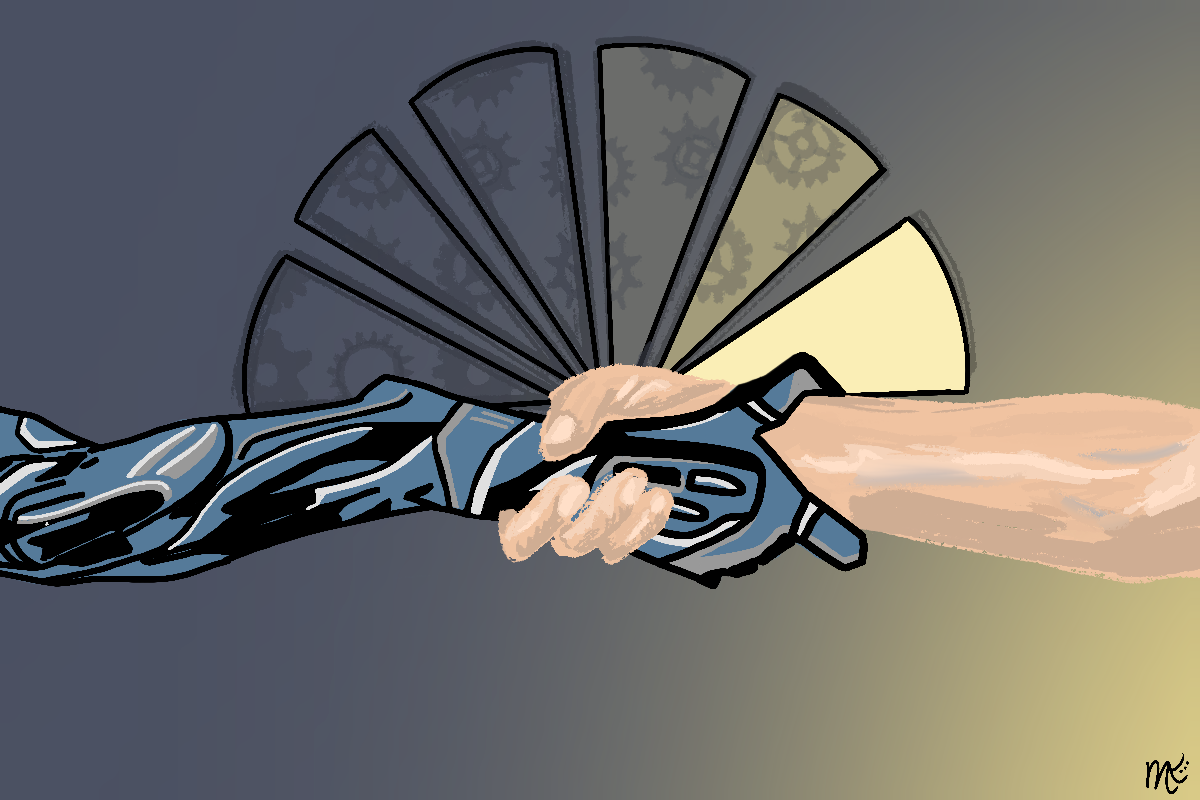
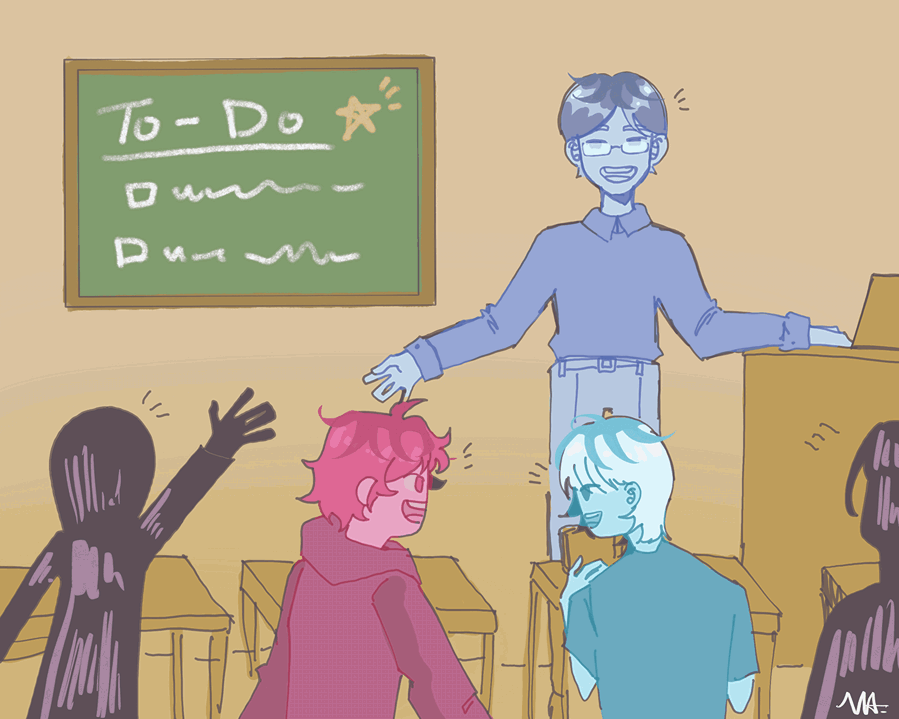



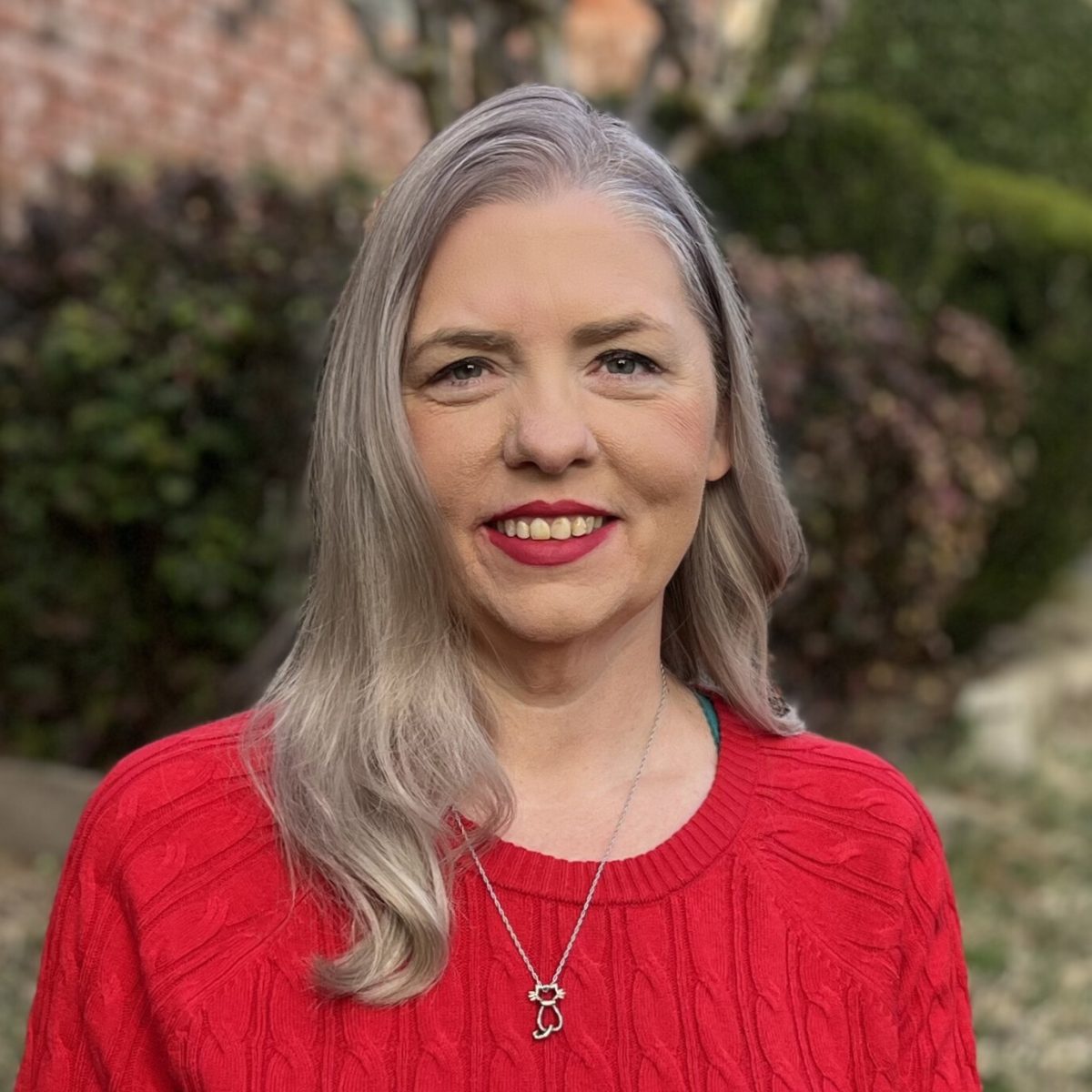

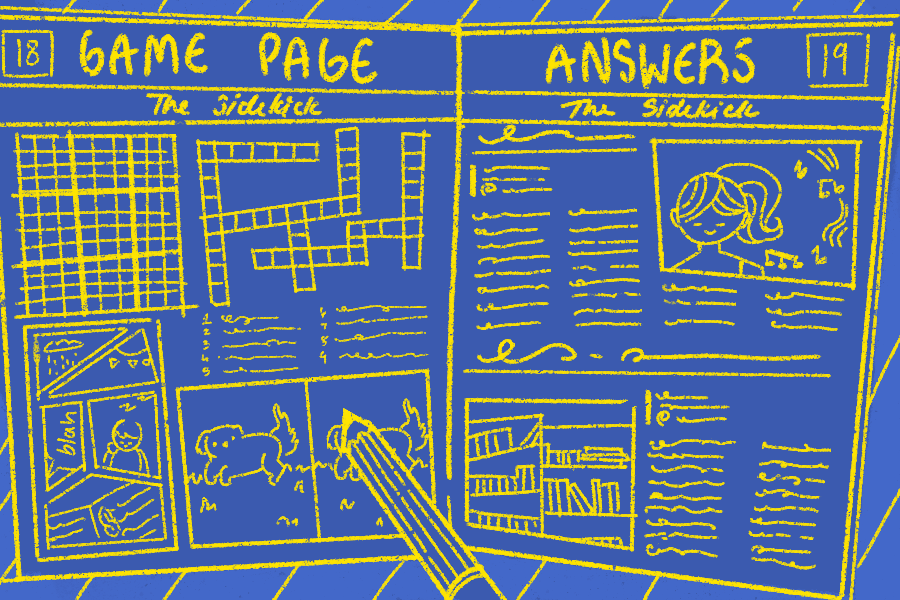
Kausar Raza • Feb 17, 2024 at 11:08 pm
What an insight Aliza Abdi, “Enjoying a hobby does not mean you have to be good at it, just like being good at something does not mean you are enjoying it. I have learned to keep this piece of irony with me, creating memories of growth between these misspelled stories”. Wow! You’re really good…. One shud (should) always takes hiindrences (hindrances) into their stride and rise above the challenges..
Keep writing!!